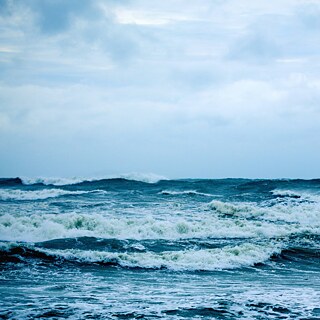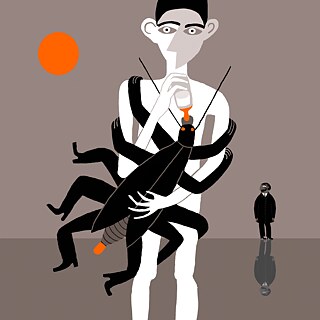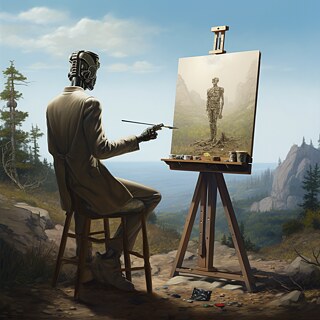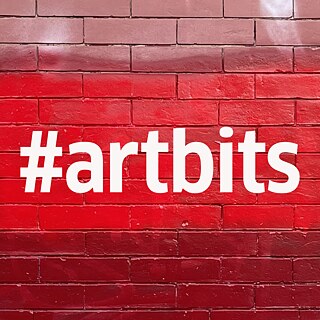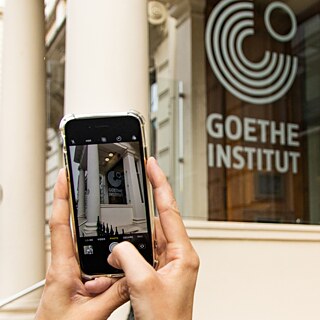Goethe-Institut USA
your hub for learning German online
The Goethe-Institut USA is Germany's offical cultural center with convenient and effective online German courses and internationally recognized language certificates.
As the international market leader for German courses, we bring you unparalleled expertise and a commitment to delivering top-notch language education.
In the Spotlight
Our Focal Points



